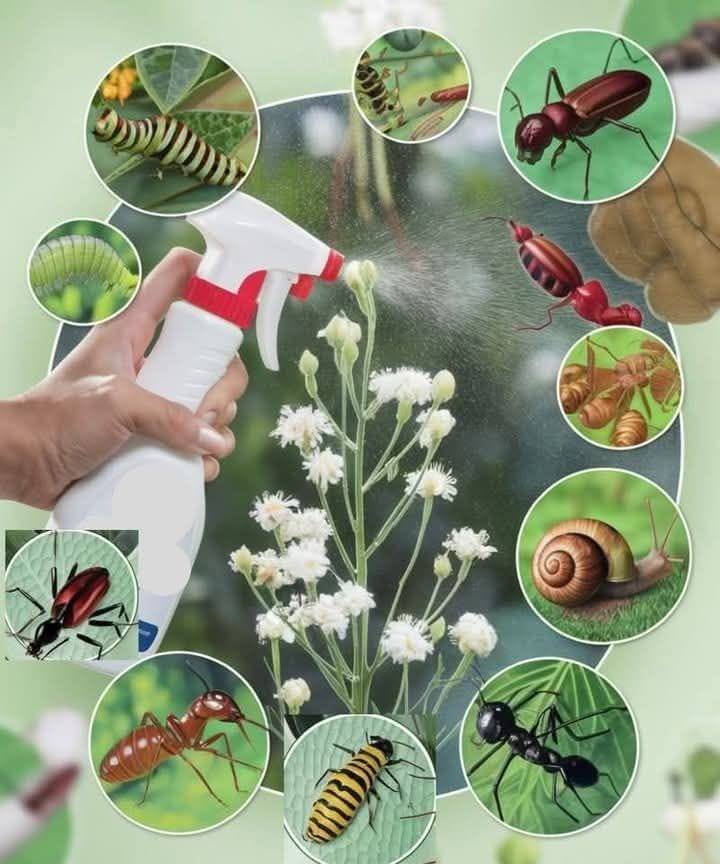ADVERTISEMENT
Aromatherapy for Your Plants
What It Is: Essential oils from plants like peppermint, eucalyptus, and tea tree oil have strong, insect-repelling properties. They are natural, concentrated, and very effective in fighting garden pests.
How It Works: Essential oils confuse insects’ sensory systems, making it difficult for them to locate their food source. They are especially effective against mosquitoes, ants, and flies.
How to Use:
- Mix 1 teaspoon of essential oil (peppermint, tea tree, or eucalyptus) with 1 quart of water and 1 teaspoon of liquid soap.
- Shake the mixture well and spray it on your plants, focusing on the areas where pests are most active.
Tip: Test the spray on a small area first to ensure it doesn’t cause any adverse effects on your plants.
8. Beer Trap for Slugs and Snails
What It Is: Slugs and snails are notorious garden pests that love to munch on your plants. Beer is an effective and inexpensive way to lure them into a trap.
How It Works: Slugs and snails are attracted to the yeast in beer, and when they crawl into the trap, they drown in the liquid.
How to Use:
- Place shallow containers (like tuna cans or small bowls) at ground level, and fill them with beer.
- Place them around your garden where you’ve noticed slug and snail activity.
- Replace the beer traps every few days to maintain their effectiveness.
Tip: This method is best for gardens with heavy slug or snail infestations.
Conclusion: Keep Your Garden Pest-Free Naturally
When it comes to protecting your garden from pests, there’s no need to resort to harmful chemicals. By using these 8 powerful natural insecticides, you can effectively combat stubborn garden pests while keeping your garden safe for beneficial insects, pets, and the environment.
From garlic sprays to essential oils, each of these solutions offers a unique and eco-friendly approach to pest control. By incorporating them into your gardening routine, you’ll not only protect your plants but also promote a healthier, more sustainable garden.
Start with one or two of these natural insecticides, and experiment to find the best solution for your specific pest problems. Happy gardening!
This guide offers practical and safe solutions for combating pests without relying on harmful chemicals, making your garden both beautiful and sustainable.
